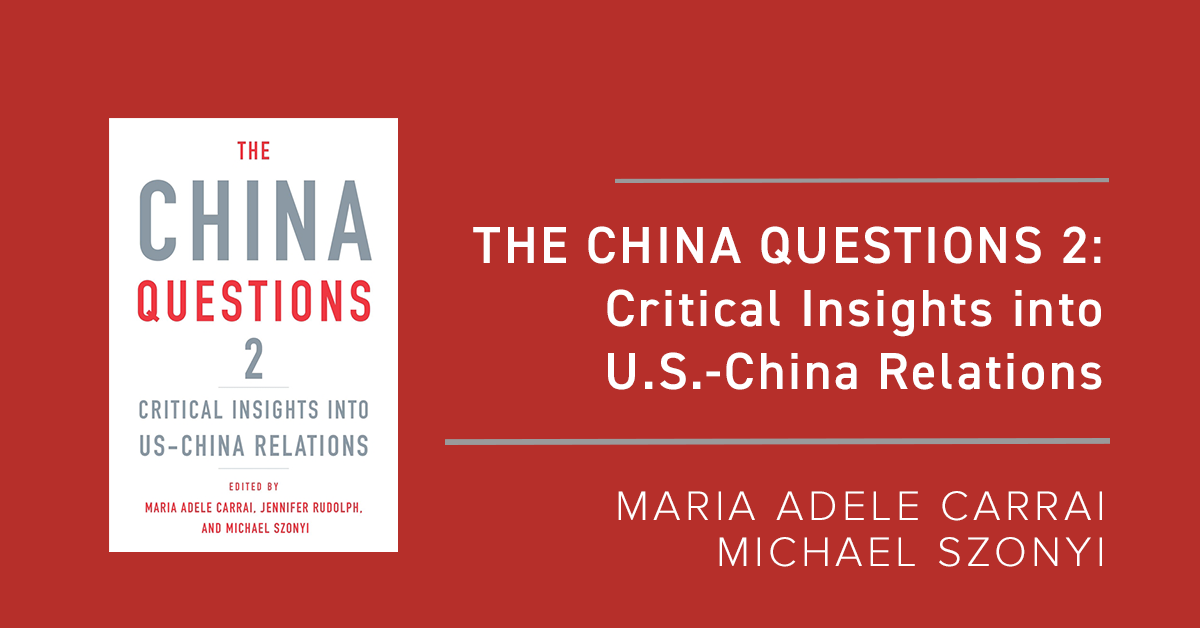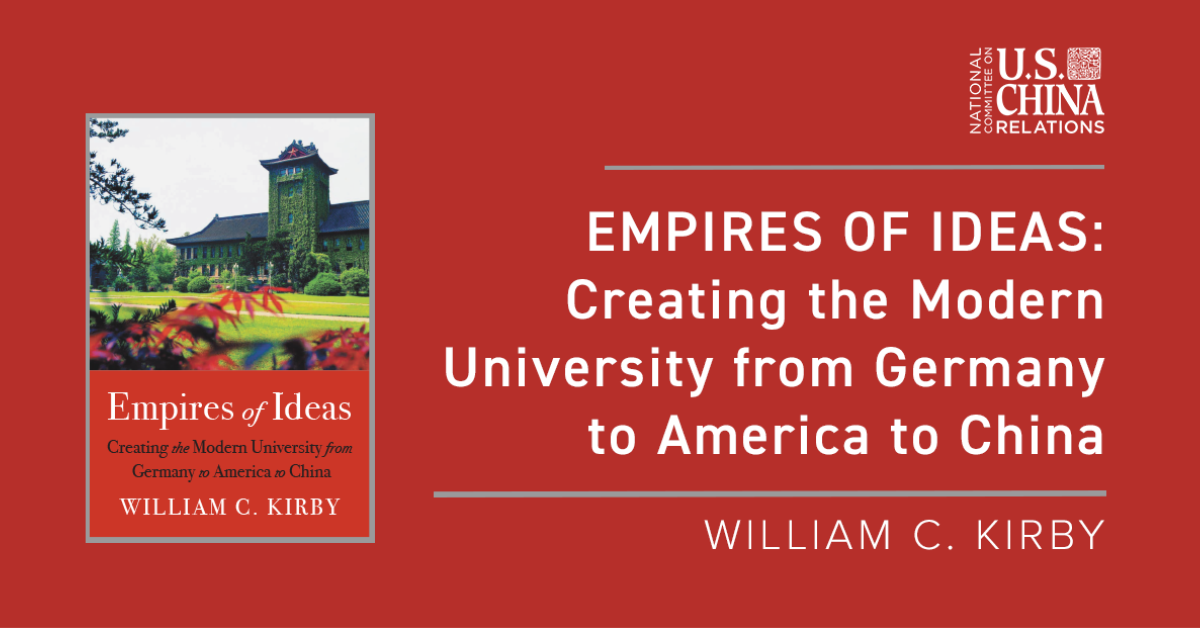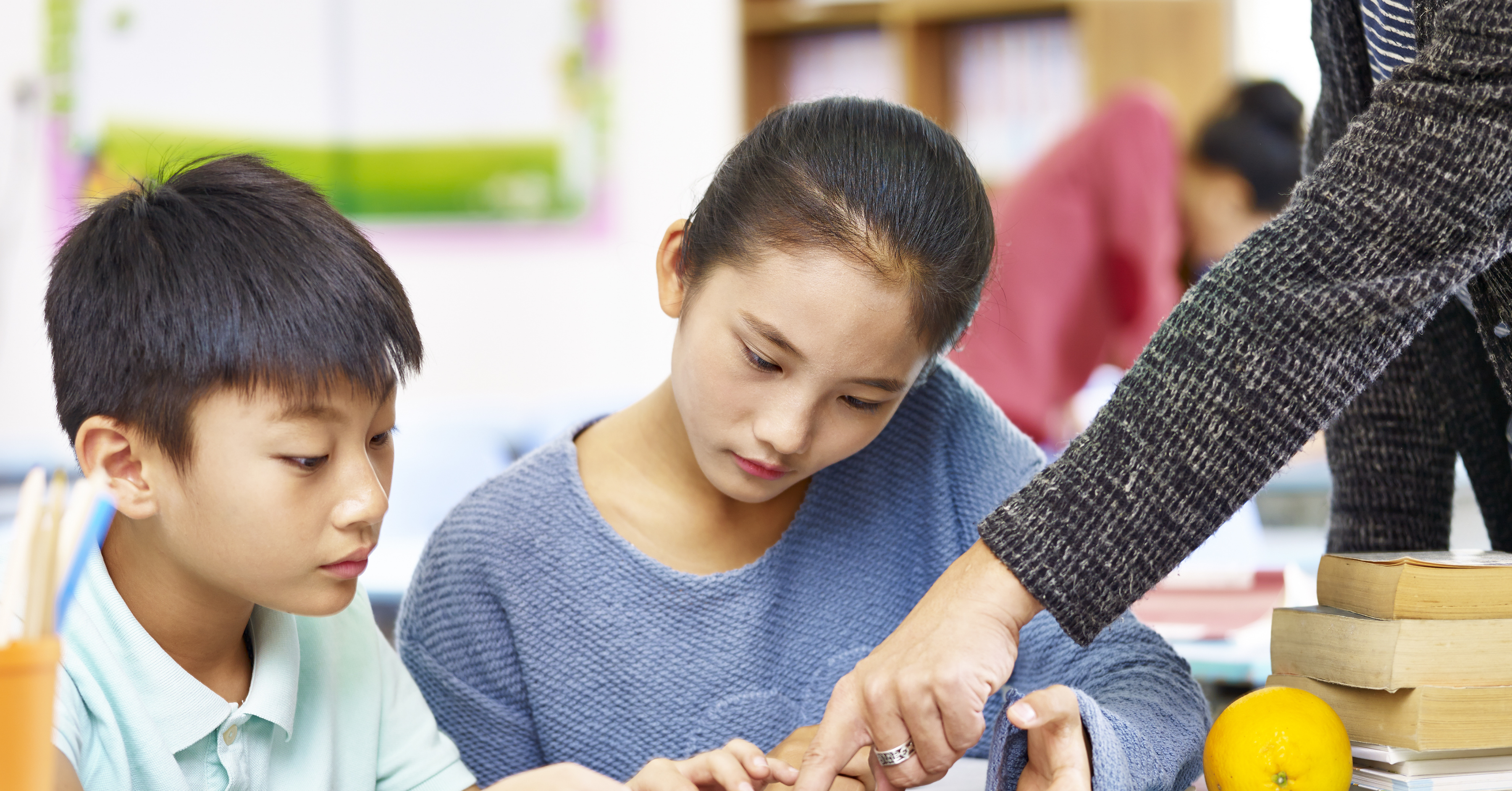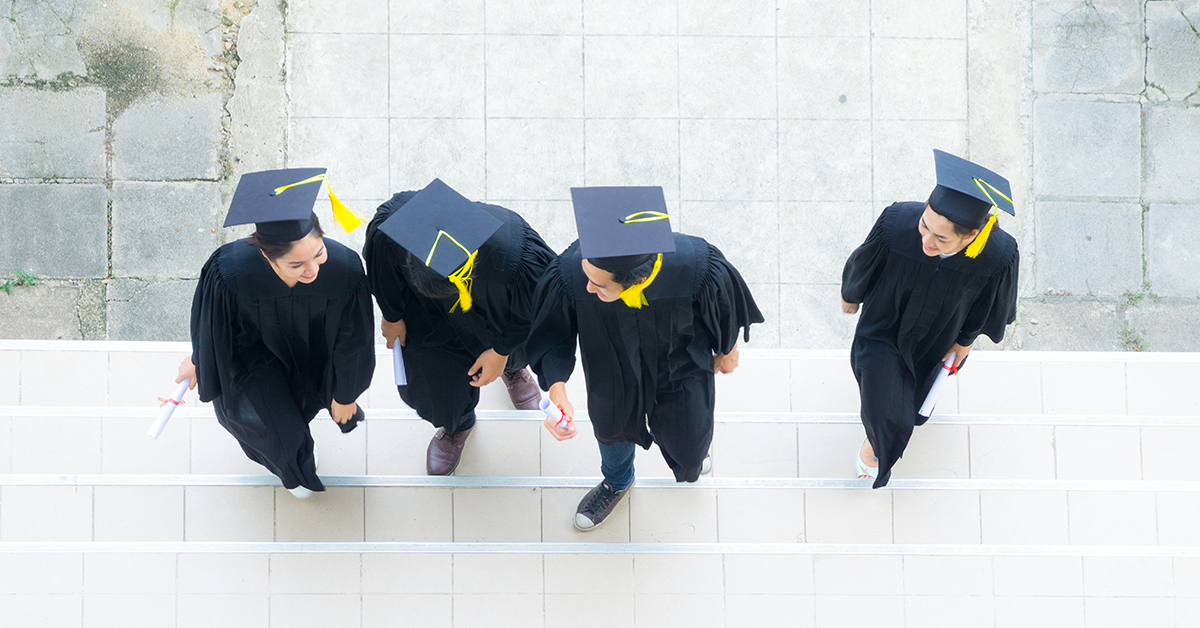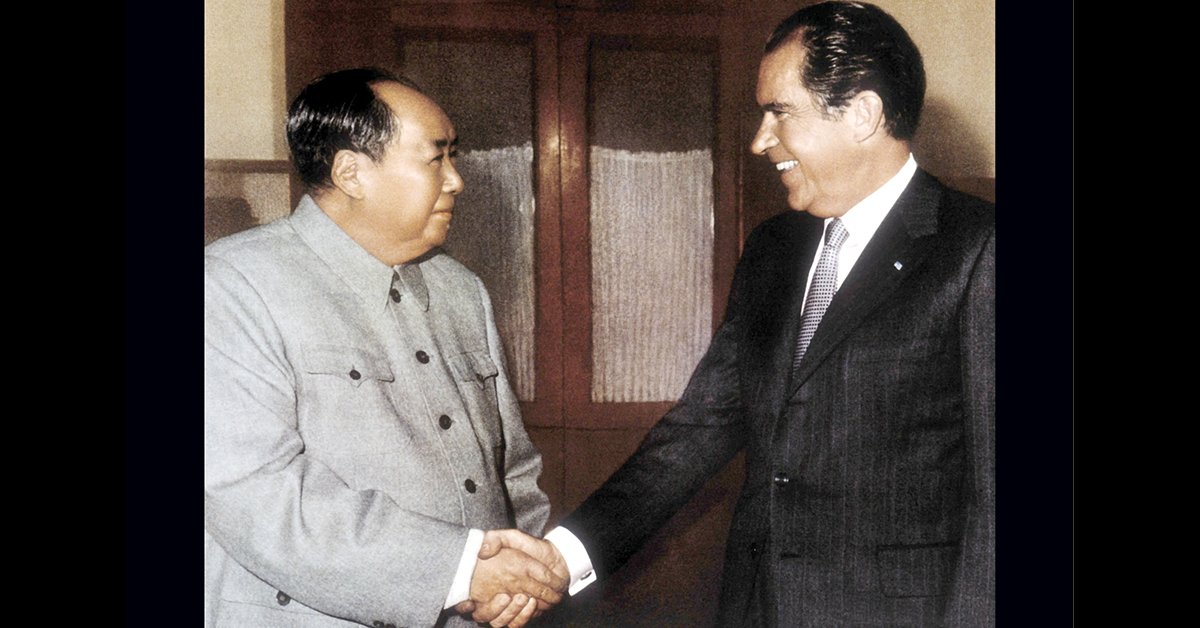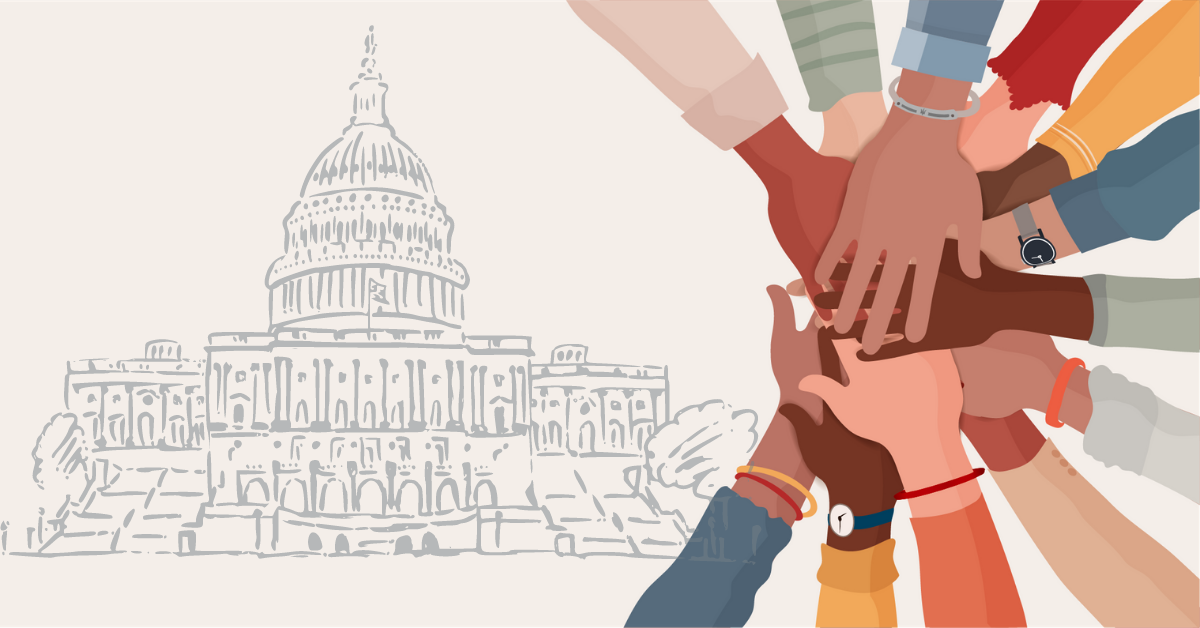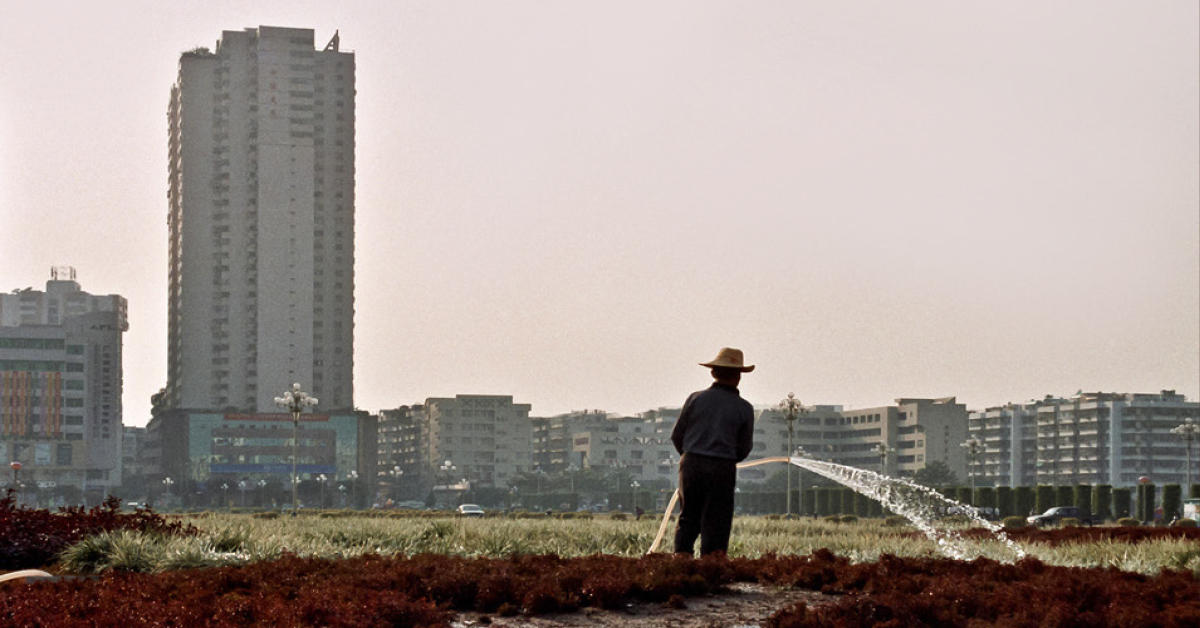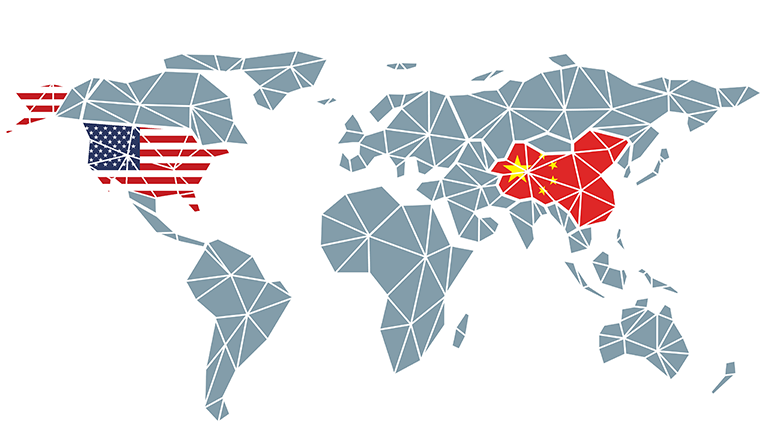Maria Adele Carrai and Michael Szonyi discuss the implications of China’s global status for the U.S.-China relationship.
William C. Kirby discusses the rise of Chinese universities and whether China will become the global education leader in the 21st century.
Wenchi Yu reflects on the reasons for and implications of China's recent crackdown on the private tutoring sector.
Qianfeng Lin, Yingyi Ma, and Nicky Zhou discuss the experiences of Chinese students in the United States.
Educators and scholars Mary Brown Bullock, David M. Lampton, Anne F. Thurston, and Tashi Rabgey discuss a half-century of U.S.-China relations.
Mary Gallagher, Margaret Lewis, and Rory Truex discuss the evolving landscape for research, education, and academic freedom in a conversation with Jacques deLisle.
Jessica Lee and Ian Shin on the impact of anti-China rhetoric on the U.S. domestic climate, and Rep. Judy Chu on the Congressional response to anti-Asian racism.
China’s economic transformation of the last few decades has depended on an unskilled and poorly educated workforce; what will happen if the demands of the changing economic environment require better education and greater skills?
Retired American diplomats Susan Thornton and Beatrice Camp reflected on the role of diplomacy in the escalating war of words between the United States and China.
Professor David Zweig examined China’s efforts to promote “reverse migration,” focusing on the Thousand Talents Plan, and discussed American responses.
